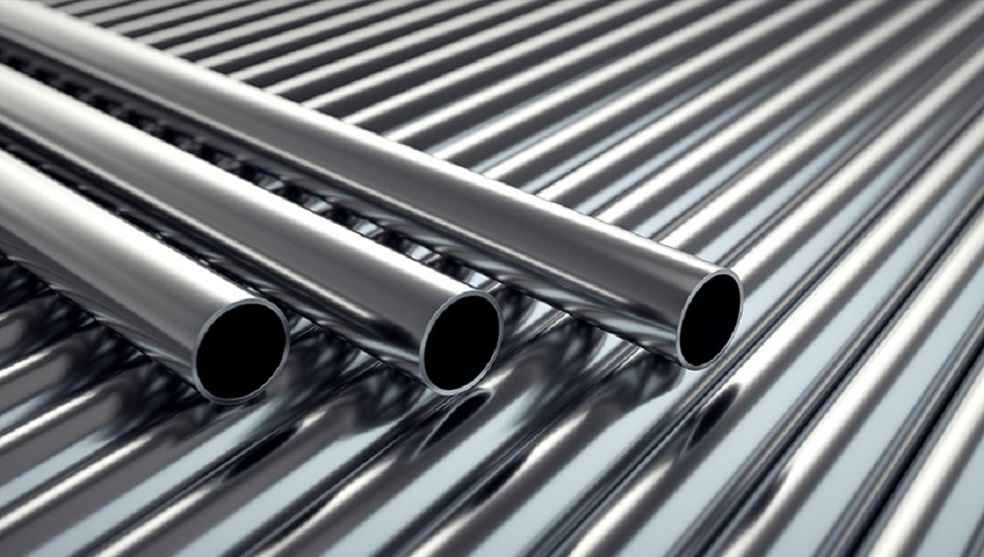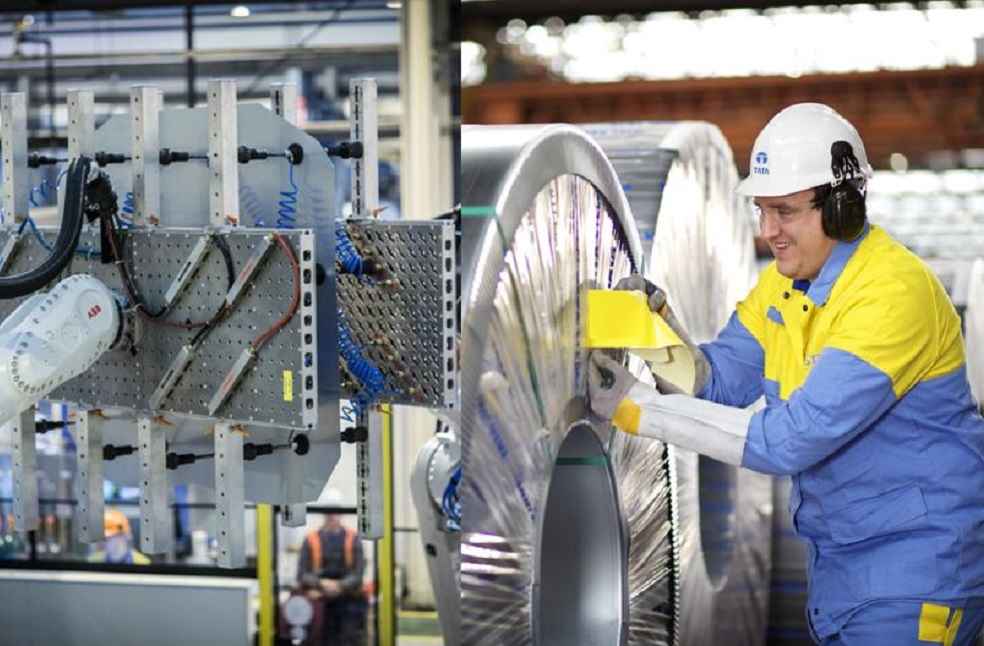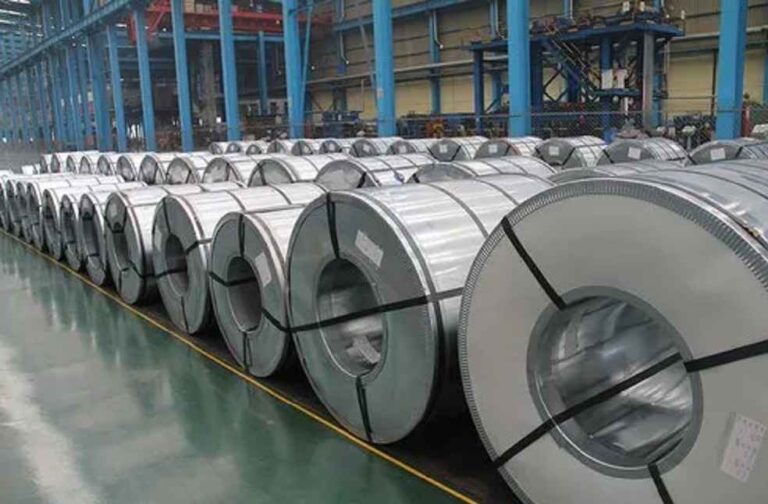During a recent World Trade Organization (WTO) session, significant international players, including India, China, and Russia, articulated strong opposition to the European Union’s (EU) and United Kingdom’s (UK) ongoing safeguard duties on steel imports. Initiated in response to the US’s 2018 tariffs on steel, these protective measures have ignited a debate concerning their conformity with international trade regulations.
The EU justified its extension of safeguard measures on certain steel products beyond the June 30 deadline, citing the ongoing necessity to protect its market amidst global steel overcapacity issues. Yet, delegations from China and Korea contested the validity of the EU’s reasoning, describing the extension as unfounded.

Brazil suggested that the true resolution to global steel capacity issues resides within multilateral cooperation rather than unilateral protective actions, which, according to them, exacerbate the problem.
In a retaliatory move, India announced plans in 2021 to levy additional import duties totaling $292 million on selected EU products. Escalating the trade tension, India also revealed a proposal to impose a 15% customs duty on 22 UK products, including whisky, cheese, and diesel engine parts, in response to the UK’s post-Brexit steel trade restrictions.
The UK’s trade strategies also faced scrutiny, with a pending decision due by June 30 on whether to renew its safeguard measures on steel imports. Several WTO members criticized the UK for lacking a thorough investigation justifying these measures, consistent with WTO mandates.

The WTO’s Safeguards Agreement allows countries to temporarily restrict imports of a product to shield domestic industries from serious injury, stipulating that such measures must be non-discriminatory, apply broadly to all imports, and are generally limited to a four-year term. The agreement also exempts developing nations, accounting for less than 3% of global exports, from such measures.
This dispute highlights deeper global trade tensions as nations strive to balance the protection of domestic industries with adherence to international trade obligations. With the looming deadline, the global community watches closely, awaiting decisions from the UK and EU that will navigate the complex trade landscape amid escalating calls for equitable trade practices.
LATEST NEWS | Iran-Pakistan Boost Trade, Security Ties Amid Global Strains



